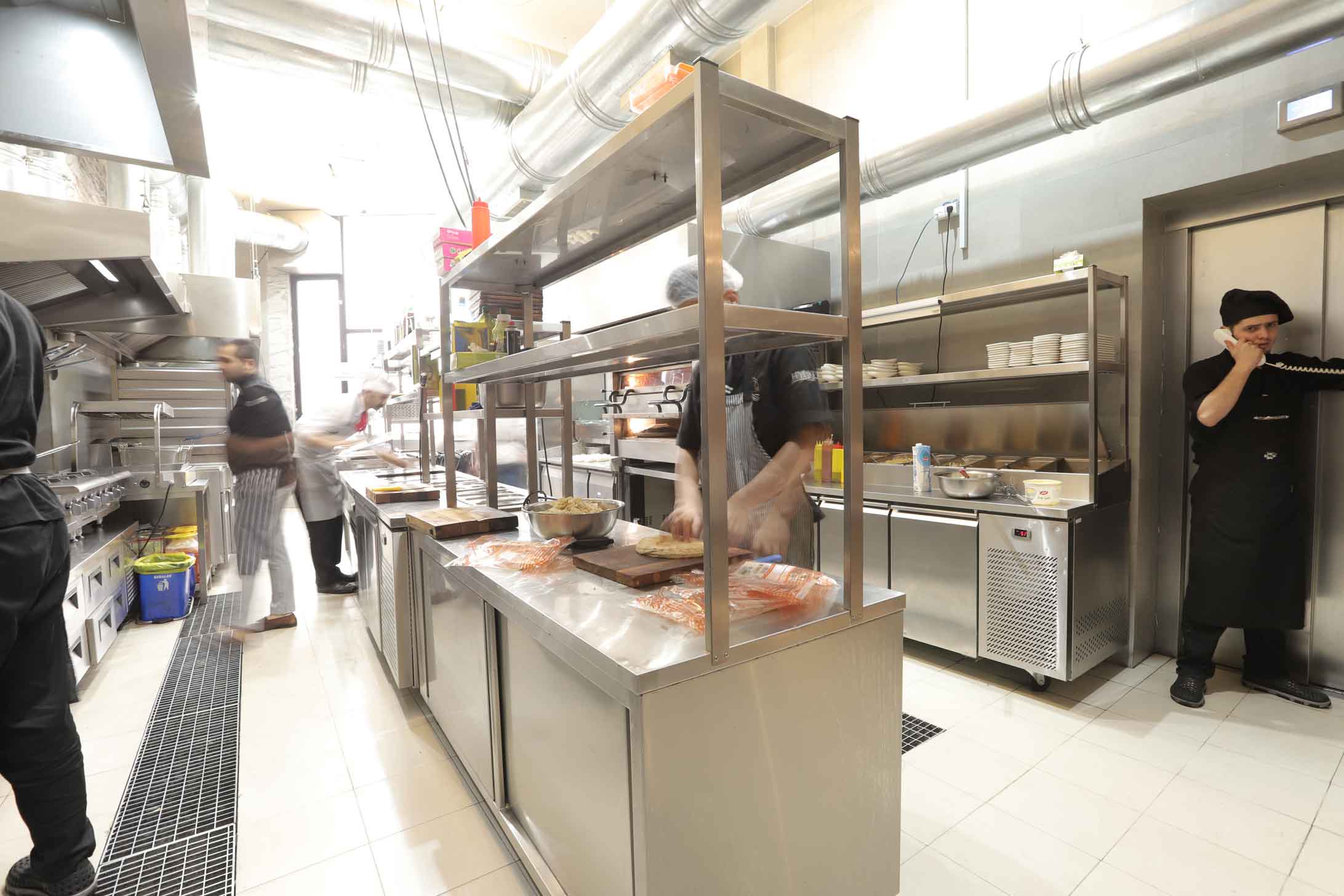Staff Management at Smart Kitchen AI Background: Smart Kitchen AI was experiencing challenges with staff management, including scheduling inefficiencies, high turnover rates, and varying levels of employee productivity. Recognizing that a cohesive staff management strategy could significantly enhance operational efficiency, the company engaged its financial consultants to assess the situation and implement improvements. Challenge: The kitchen staff were often over-scheduled during slow periods and under-staffed during peak hours, which led to employee burnout and dissatisfaction. High turnover created additional strain, driving up training costs and disrupting workflow. Solution: Data-Driven Scheduling: Leveraging the insights from Smart Kitchen AI’s analytics, financial consultants assessed historical schedules against sales data to determine optimal staffing needs. They developed dynamic scheduling models that adjusted shifts based on expected demand, minimizing idle time while ensuring sufficient coverage during peak periods. Employee Engagement Programs: The company implemented targeted employee engagement initiatives, using the data gathered to identify factors contributing to turnover. Financial consultants advised the management team to introduce performance-based incentives and career development opportunities, fostering a more motivated workforce. Training and Development: A strategic investment in training programs was recommended, focusing on areas where new hires commonly struggled. By reducing the learning curve, overall productivity improved and employee satisfaction increased, leading to lower turnover rates. Real-Time Communication Tools: The integration of real-time communication platforms allowed for quick updates about shift changes, emergencies, or staffing adjustments. This fostered a more agile work environment, improving employee morale and enhancing collaboration. Results: After six months of implementing these strategies, Smart Kitchen AI experienced a 30% reduction in turnover rates and an increase in employee productivity by 25%. The improved scheduling led to significantly lower labor costs while enhancing service quality during peak hours. Overall, these changes not only optimized kitchen operations but also created a more satisfied and engaged workforce, ultimately contributing to the company’s growth and profitability. Conclusion: Through financial technological consulting, Smart Kitchen AI successfully transformed its staff management practices, aligning operational needs with financial goals, and positioning itself as a leader in the food service industry’s technological revolution

